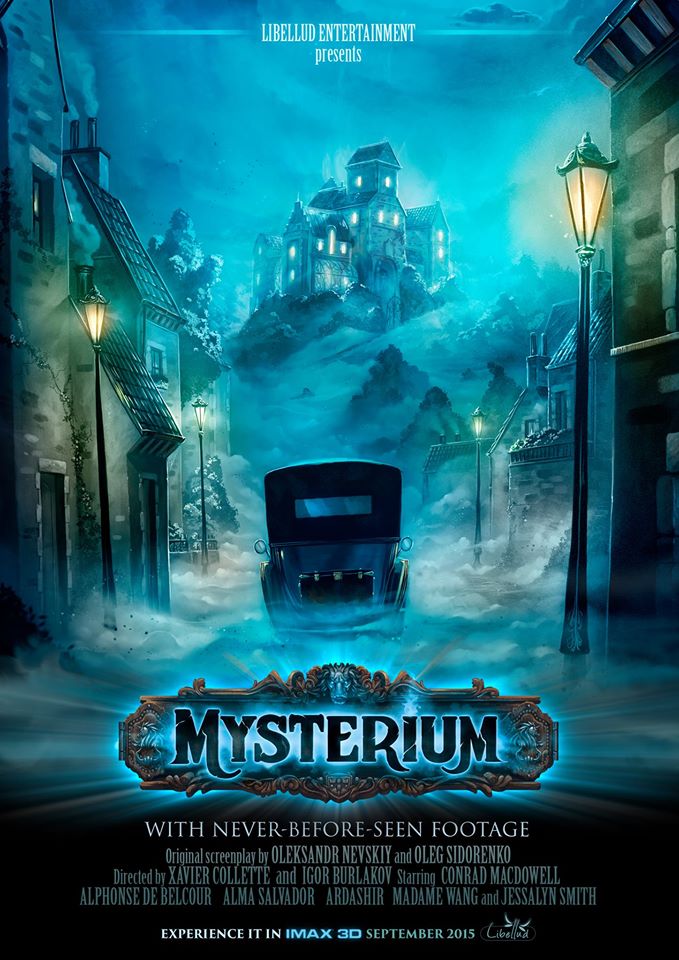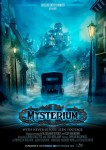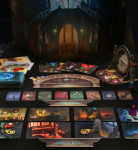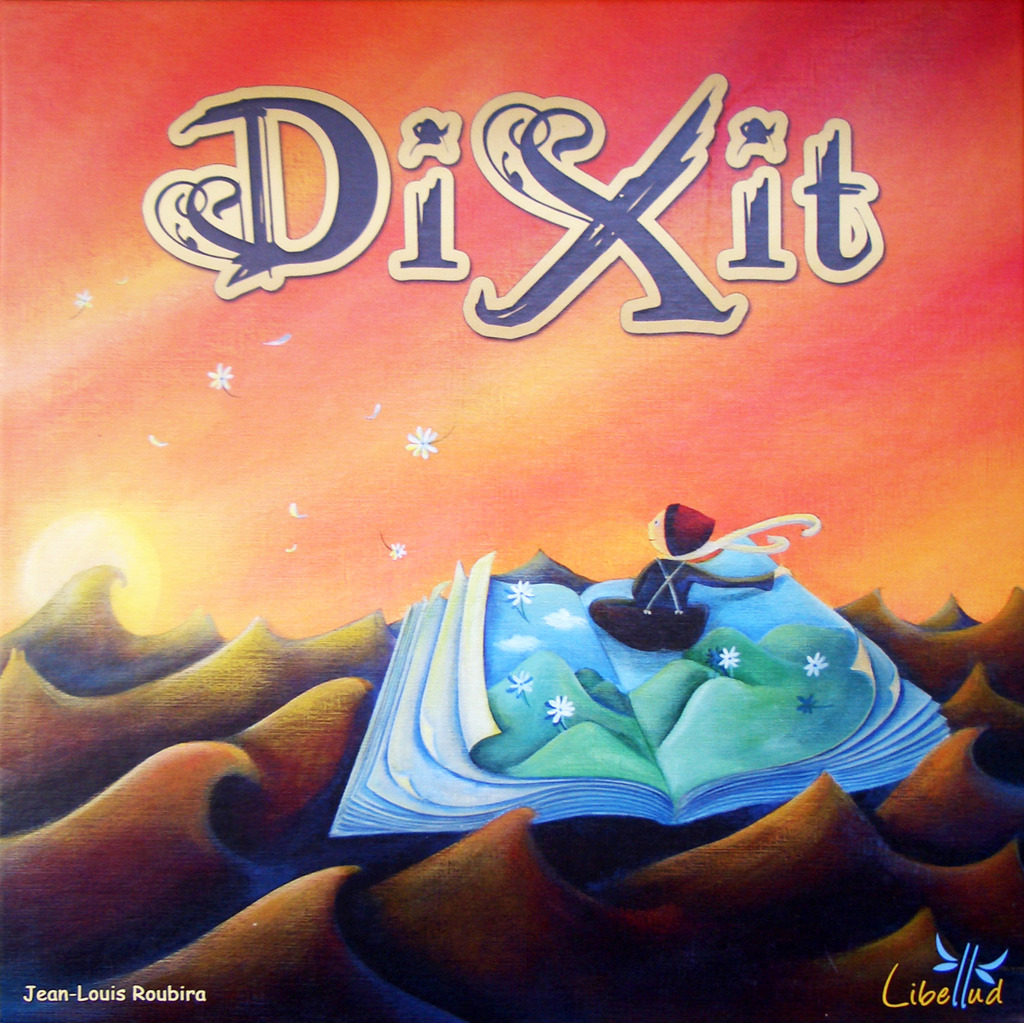- Learning time
- 10 minutes
- First play time
- 60 minutes
Mysterium
Designed by:
Mysterium wears it’s influences boldly; the innovative dream-like imagery of Dixit, and the classic whodunnit nature of Cluedo. But it uses the Dixit-style cards to very different effect, and eradicates the wearisome dice-roll and move of the classic games-cupboard stalwart, producing an experience that feels fresh and extremely rules-light, but dripping in theme and challenge.
This is a co-operative game – one where one player plays a distinctly different role to the others. The setting is a week in a deserted house – a group of psychic investigators have gathered to lay to rest the benevolent spirit that haunts the building, by discovering the details of the victim’s grisly demise. One player takes the role of the ghost, and cannot speak for the entire game – the spirit can only communicate with the investigators by influencing their dreams. The other players are the investigators, and have seven turns (seven nights in the house) to reach the correct conclusions, or wander off apologetically, leaving the ghost to curse it’s lack of communication skills.
A number of beautifully illustrated cards is laid out before the investigators, featuring possible suspects, richly-detailed locations and potential weapons. The ghost has his/her own set of these, which are secretly assigned to each investigator. The ghost’s real arsenal is a set of 80 highly evocative dream cards, similar to the cards in Dixit. Each game turn (one night in the house) the ghost hands the investigators dream cards which will hopefully steer them towards a possible culprit from those on offer. Once they’ve narrowed down the suspects, the same process will lead to smaller set of possible locations for the murder, and a shortlist of potential weapons. Once this is achieved, hopefully there are still one or two game turns left, because the final challenge for all is to choose the correct set of culprit, location and weapon from those remaining, to win the game.
Whether you ultimately succeed or fail will be secondary to the hugely enjoyable gameplay, as the investigators huddle together trying to decipher the clues, and the ghost desperately tries not to give the game away by making strange keening noises, no matter how wrong-headed the investigators are being. Brilliant, accessible fun for all ages.
The guru's verdict
-
Take That!
Take That!
It's a cooperative game, and not one that suffers from an alpha player being able to tell everyone what to do.
-
Fidget Factor!
Fidget Factor!
Waiting for your dream card or cards can take a while, but there may well be cards handed to another player for you to ponder in the meantime.
-
Brain Burn!
Brain Burn!
No maths, but being the ghost can be stressful. Trying to find connections between the dream cards and the suspect cards is hard, sometimes impossible; it will suit some players better than others, but it's a pivotal role that everyone will want to try.
-
Again Again!
Again Again!
The combination of dream cards and range of suspects to choose from means that every game will be different - and it is possible to supplement the dream cards with those from Dixit to add more variety.






